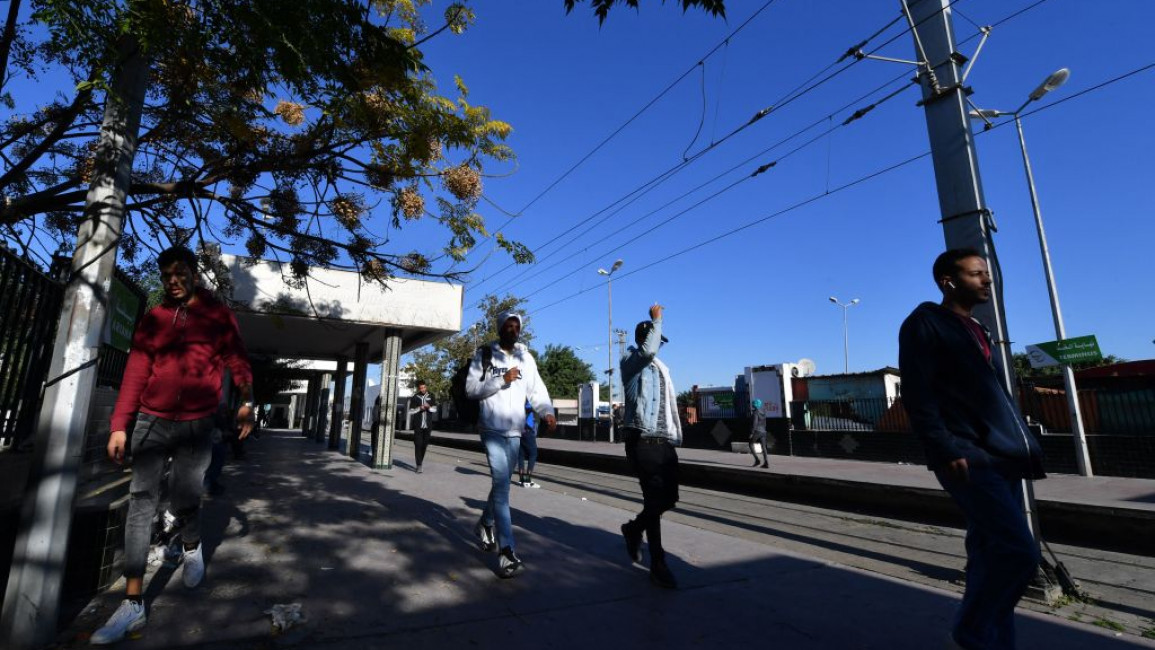Tunisia: Transport in capital grinds to a halt as workers go on strike
Metro and bus traffic in the Tunisian capital ground to a halt on Monday, after employees of the state transport company held a strike over delays in the payment of wages and bonuses.
The strike highlights the financial problems faced by public companies on the verge of bankruptcy, while the government of President Kais Saied suffers its worst financial crisis.
"The union is protesting against the delay in the payment of wages and bonuses," said Hayat Chamtouri, a spokesperson for the company said.
"The financial situation in the company is really difficult," she added.
The transport strike is a show of strength for the powerful UGTT union, which has pledged to hold a series of protests.
The union, with 1 million members, has approved a two-day strike by air, land and sea transport workers on January 25 and 26, to protest against what it called "the government's marginalization of public companies".
The strike sparked anger among thousands of people struggling to find transport in the capital.
"Today, we do not find milk, oil, sugar, or coffee. Also now we do not find buses that take us to work. Tunisia has become an unbearable hell," said Nejia, a woman waiting at a bus station.
In the poor Intilaka neighbourhood, people blocked roads to protest against the strike.
Tunisia, is struggling seeking a $1.9 billion loan from the International Monetary Fund in exchange for unpopular reforms including spending cuts, the restructuring of public companies and reductions in energy and food subsidies.
The economy minister Samir Saeed said last month that Tunisia will face a difficult year with an inflation rate that will exceed 10 percent.
The strike will increase pressure on the government of President Saied, who is facing growing opposition 17 months after seizing executive powers in a move his opponents described as a coup.



